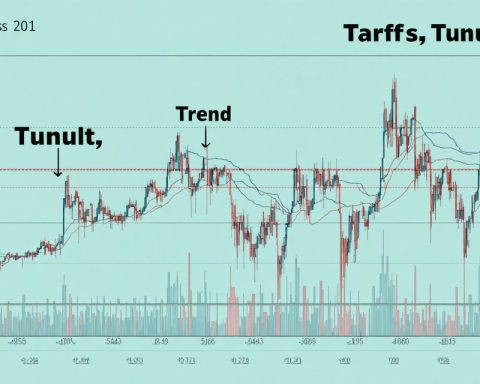In a startling revelation, nearly a million mobile phone users were found to have unknowingly subscribed to paid services, resulting in hefty unauthorized charges. This widespread scam primarily targeted elderly individuals using basic phones, known as “elderly phones,” which lack modern payment security features.
Earlier this year in February, complaints surfaced in Jin Tan, China, as several elderly residents reported unexpected charges on their bills, ranging from 6 to 10 Yuan per month. Upon further investigation, local authorities uncovered that these charges originated from a server based in Shenzhen, remotely controlling the affected devices to secretly subscribe to premium services.
Delving deeper, police discovered a staggering 980,000 phones nationwide were affected, leading to a total monetary impact of approximately 3.47 million Yuan. The mastermind, identified as Zhang Weisheng, was apprehended in Shenzhen. His plan, unrolled in 2018, involved embedding malicious subscription codes into mobile phone hardware, turning unsuspecting users into cash cows without their knowledge.
Zhang orchestrated his illegal operations by partnering with Li Ming, who provided the necessary communication channels and industry connections. Together, they manipulated phone systems to intercept and bypass user confirmation, thus enabling automatic fund deductions. Meanwhile, Zhang also collaborated with Fang Kai, an employee at a company developing phone motherboards, to discreetly install his codes into devices designed for the elderly.
This elaborate scheme was eventually brought to justice, with Zhang Weisheng and accomplices facing prosecution for theft. Their actions underscored a significant cybersecurity loophole within non-smartphone technology, prompting legal experts and courts to reevaluate charges to more accurately reflect the criminal intent behind this sophisticated cybercrime.
The Hidden World of Mobile Phone Scams: A Growing Threat Beyond Modern Smartphones
In a world increasingly reliant on technology, the recent discovery of nearly a million mobile phone users unknowingly subscribing to paid services exposes a less-discussed vulnerability affecting specific demographics. While much of the focus often centers around smartphone applications and digital fraud, this scam reveals significant security gaps in basic mobile phones designed for the elderly. This type of cybercrime not only affects individuals; it sends ripples through communities and nations, eliciting deep concerns about privacy, security, and technological support for vulnerable populations.
Unmasking the Pending Threat
The recent events in China serve as a stern warning that as technology evolves, so do fraudulent activities. The fact that over 980,000 mobile phones were remotely manipulated shows just how underestimated these devices are as potential targets. This scam operated by exploiting infrastructure thought to be obsolete, yet it managed to extract approximately 3.47 million Yuan from unsuspected victims.
Impact on Individuals and Communities
For elderly people, often not accustomed to navigating digital spaces or recognizing scams, such incursions pose not just a financial threat but also an emotional one. Victims can experience feelings of betrayal and decreased trust in technology and service providers. On a communal level, this can result in increased pressure on families and support organizations who may need to step in to assist affected individuals.
Lessons and Legal Response
The prosecution of Zhang Weisheng and his accomplices marks a significant step in the jurisdiction’s efforts to close these security gaps. Legal adjustments are pivotal in reinforcing that despite the simplicity of the technology involved, crimes related to older mobile phone models can have devastating effects. Significantly, this could lead to broader legislative and protective measures targeting the digital rights of older adults.
Advantages and Disadvantages of Basic Phones
Advantages:
1. Simplicity: Basic phones are user-friendly and affordable, suitable for people who may find modern smartphones overwhelming.
2. Durability: These phones are often more robust and have longer battery life.
Disadvantages:
1. Lack of Security: As demonstrated, they are highly vulnerable to scams and cyber intrusions.
2. Limited Functionality: Their inability to support modern applications means missing out on potentially protective software updates.
Should Society Shift Focus from Smartphones to Basic Devices?
This key question emerges from the scam’s exposure: Are we too focused on protecting the latest technology, overlooking the security of simpler devices used by vulnerable groups? While modern smartphones continuously receive updates to bolster security, basic phones need tailored strategies to ensure that they are not left behind in cybersecurity discussions.
Related Links
For those interested in exploring more about mobile phone security, industry trends, or ways to safeguard against similar scams, visit iGovernment, TechRadar, or Consumer Reports.
The realization that even the least sophisticated technologies are susceptible to elaborate fraud schemes continues to shape our understanding of digital safety. As we face these challenges, the harmony between technological advancement and cybersecurity must be carefully balanced to protect all users, particularly the most vulnerable.

















